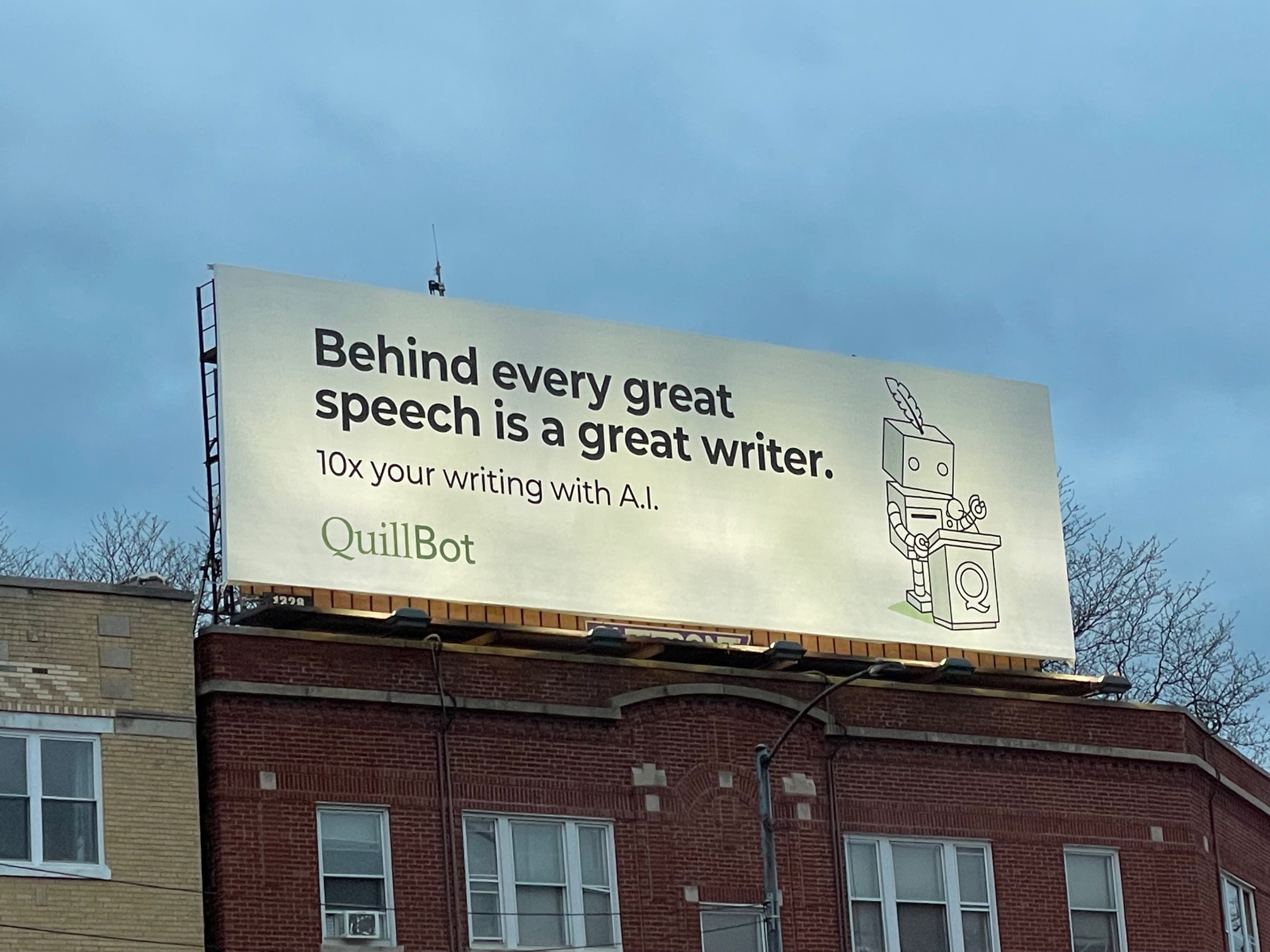Where Exactly Are We With ‘Stakeholder Capitalism’?
October 05, 2023
Edelman says communicators will be "at the center of shaping the next phase of stakeholder capitalism." So I ask you (and also a financial analyst): What phase would that be?
Fortune reminded us yesterday in a story about the sorry state of “stakeholder capitalism”: Almost exactly four years ago, The Business Roundtable made lots of news when it declared that the Purpose of a Corporation had changed—or at least, that many CEOs who belong to BRT had changed their minds.
“Companies should serve not only their shareholders,” the new declaration read, “but also deliver value to their customers, invest in employees, deal fairly with suppliers and support the communities in which they operate.”
Corporate communications folks had about five exciting months to assess the implications, before COVID came along, and put stakeholder capitalism to a stern and urgent test. How long would idled companies hold onto their employees before the furloughs started? To what lengths would they go to protect front-line employees from the dangers of COVID? Would they tell their shareholders the dividend kitchen would be closed for a few quarters so they could take care of other struggling stakeholders? And so forth.
A few months of that queasy dance—and then George Floyd’s murder forced every CEO to publicly and emotionally declare that diversity, equity and inclusion were now jobs one, two and three. Which meant the need to publicly take public stands on myriad related social issues that most CEOs had never thought about in their whole bean-counting lives.
Then January 6 rolled around, and we all started to wonder if American society could be saved, let alone served by corporations. What is stakeholder capitalism in a world where the stakeholders have all gone crazy? No matter what mincing stance they took, no matter how innocuous the issue, companies would either get trolled by the right, or eye-rolled by the left. And in many cases, both.
“ESG” sounded sufficiently bland and inscrutable for about 15 minutes, until somebody thought about it and realized, “Environmental, Social and Governance” is about as coherent thematically as those words are parallel grammatically. So now companies aren’t using that term too much, either. “The backlash (against ESG) is having an effect,” Sheri Hickock, CEO of Climate Impact Partners, told Fortune last month. “The uncertainty—whether due to lack of clarity around SEC reporting, around the expense, around how you link these actions to the company’s bottom line—is causing everybody to pause.”
As sure as a married couple getting “separated” is getting divorced, a company that’s “pausing” a program is killing it entirely.
Meanwhile, the Great Resignation came and went, “quiet quitting” came and went and old-school unionization took hold again, almost like “stakeholder capitalism” never meant anything real at all.
And here last week I read in a new Edelman survey that confidently declared that newly empowered corporate “communications leaders will be at the center of shaping the next phase of stakeholder capitalism.”
Well that would be cool. Except, exactly what phase would that be?
Asking for a friend—all my friends, in fact, in the business of corporate executive communication, who are getting told more and more frequently that their bosses in the c-suite don’t want to deliver speeches, but rather just want a few bullet points, or sit down cross-legged for an informal “fireside chat,” presumably so they can shamble through a presentation or a conversation looking and sounding “authentic,” while saying nothing anyone could object to, or even remember.
Which is fine, for leaders hoping to maintain the status quo. But not for leaders—and their communicators—interested in “shaping the next phase of stakeholder capitalism.”
Communicator, tell us: From where you’re sitting, what is the plan here?
Postscript: I ran this post by a veteran financial analyst and investor relations pro who I happened to be having coffee with this week. She’s a fan of my book An Effort to Understand, and we realized we shared a lot of values in common. So I asked her to have a look at my post, to see if it held water for her, or was merely “the cynicism of the ignorant (like the country bumpkin who thinks the city cab driver is ripping him off).”
Her necessarily anonymous response comes from outside the communications world—but from inside a mind that has been wrestling with this issue far more frequently and personally than I. I present it without comment (but would love to have yours):
LOVED your post today. I am a firm believer that shareholder supremacy is a load of bologna. Simon Sinek’s book, Infinite Game talks about this. The concept of “shareholder as owner” is deeply flawed. Shareholders are contributors, not owners. It is a voluntary contribution, and doesn’t entitle or earn you the right to call the shots at a firm. Leaders do need to be held accountable, but pandering to an ever rising stock price at any cost doesn’t good governance make. My former profession as a sell-side equity analyst is equally as guilty for perpetuating this lie.
The crazy thing is that companies that ignore this notion of managing to a quarterly earnings print, and instead care about standards of ethics (without needed it legislated for them), serving their clients, employees and society actually end up being wildly more profitable and have more dividend/stock price appreciation than their short-sighted peers. It’s the same as a leader seeking power, that when they finally let go of the need for ultimate control, they actually gain more influence and following than had they continued to hold white-knuckled to the reins.
It’s maddening and why I regularly question my life choices to enter the world of Finance … 23 years, a mortgage, and three dependents too late. But I keep coming back to the concept that if all the people who think this way exit the room because it’s a potentially easier path to give up the fight, where will that leave us? There is a poem by Mark Strand called, “Keeping Things Whole” that my husband shared with me. There is a line in Strand’s poem that I’ve adopted as my life mantra (and coincidentally Strand elected to have carved on his own tombstone), “Wherever I am, I am what is missing.”
If I am in the room and at the table, I have an obligation to share my view, however unpopular because I’m what is missing from the conversation. (I also have a responsibility to listen and be open-minded too!)
Our industry has so much opportunity to do good and it kills me that this privilege is so often squandered.




